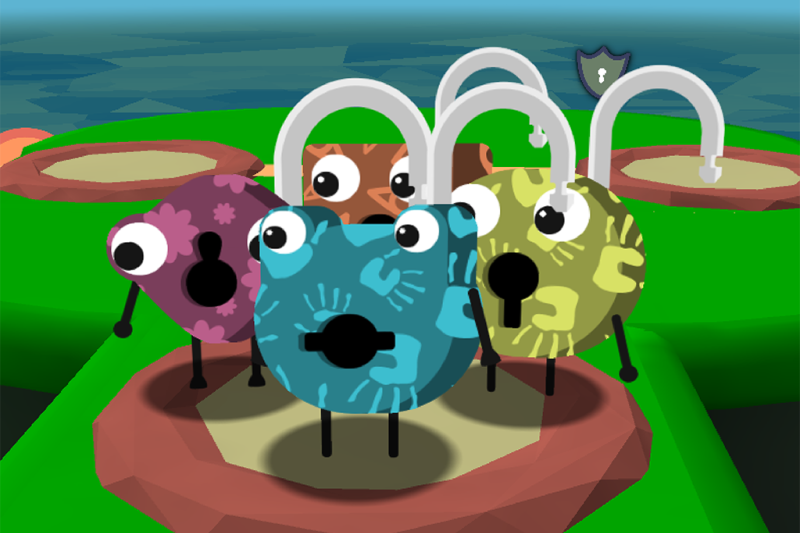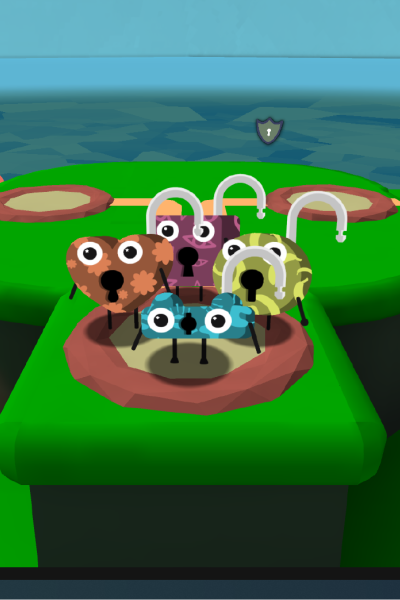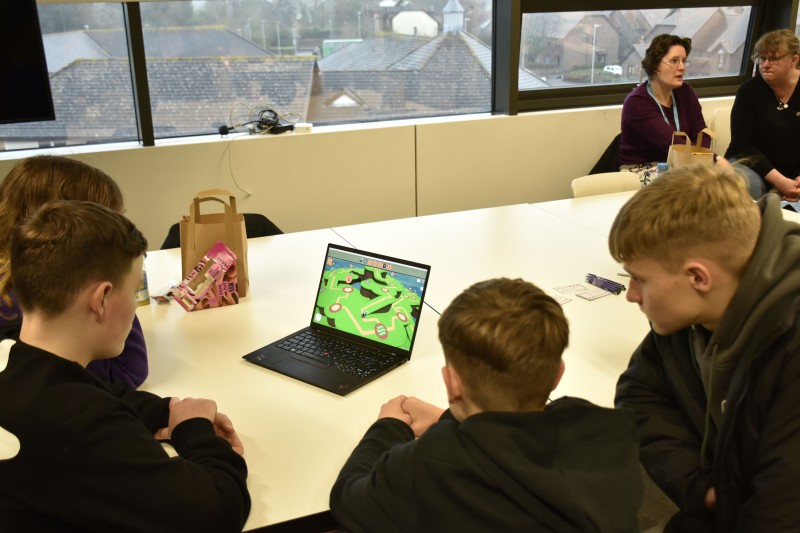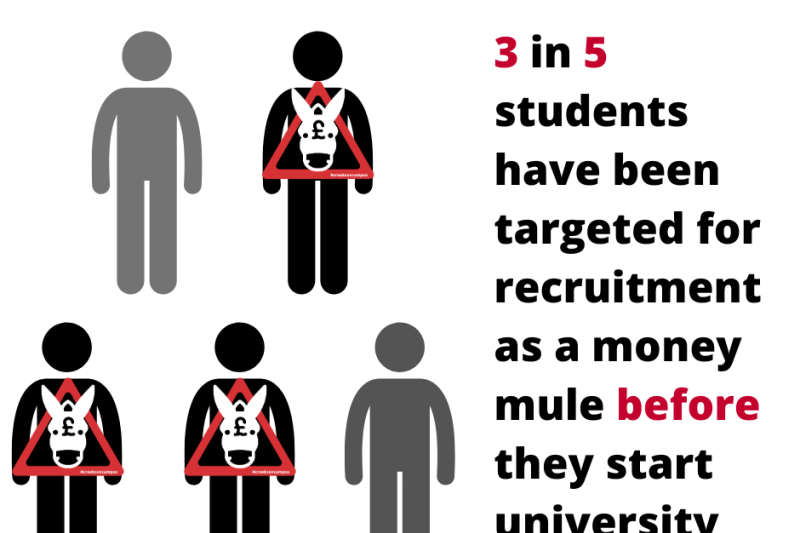
Researchers and computer scientists at Bournemouth University have developed a dynamic online game to teach children how to keep safe from cyber bullying, data theft and other threats they could face online.
This week, a team of AFC Bournemouth’s Junior Cherries came to campus to try out the game.
CyGamBit has been designed in collaboration with young people and their parents or guardians to help them identify current and emerging security issues and understand the steps they should take if they come across them.
The game is played in groups of up to six and could be played in schools as well as other social or educational settings.
Each player chooses their character – one of five colourful, walking padlocks. As they explore their digital environment, they can collect tokens by answering questions about five common areas of concern that were identified during the research stages:
- Cyber bullying and trolling
- Managing our information online
- Online security
- Who are we online? How to manage our relationships and reputation
- Health and wellbeing
The winner of the game is the first to collect tokens relating to all these themes.

“Research shows that the average age of digital independence in the UK – when parents allow their children to use digital devices unsupervised and with less security - is 10 years old,” explained Jane Henriksen-Bulmer, Principal Academic in Privacy within the Department of Computing and Informatics at BU, who led the project. “Yet most parents spend less than an hour talking to their children about online safety and privacy in the whole of their childhood.
"CyGamBit has therefore been designed for children aged between 8 and 12 to address this gap and encourage that conversation between both parents and children and the children themselves through passive learning, the children learn through play,” she added.
“We really want to get this knowledge out there to these young people before it becomes a problem, so they have their digital health and wellbeing embedded in their understanding before they are allowed out on their own,” said Emily Rosennorn-Lanng, one of the research team on the project.
“We also want to encourage that conversation, both between young people themselves but also with their parents and teachers. Working with them from the start means that we have created a game based around what they need, rather than us deciding what they should learn.” she continued.
 AFCB's Junior Cherries put the CyGamBIT characters through their paces
AFCB's Junior Cherries put the CyGamBIT characters through their pacesImportantly the game is a live service, meaning that the team can always update the questions when new threats to online security come along.
The original project was funded by UKRI’s Higher Education Innovation Funding programme and created a CyGamBIT board game prototype during the Covid pandemic, with some very positive results.
Based on the success of the board game, the team later received funding from another Government agency, Innovate UK, to participate in CyberASAP - a programme that helps academics commercialise their research.
This funding led to the creation a digital version of the game, CyGamBIT, which the team demonstrated in London on 22 February.
It is now being trialled by local schoolchildren and on 6th March AFC Bournemouth brought in a group of junior players – the Digital Stars – to campus, for an IT careers and study talk, after which they got the chance to put their characters through their paces in CyGamBit’s world of cyber security. You can find out more about their visit in the video below:
The game was inspired by the financial scamming and fraud work and the inspirational scams and ladders game, including the work of Professor Lee-Ann Fenge and Dr Sally Lee developed as part of the Mental Capacity Toolkit. The research team consists of Jane Henriksen-Bulmer, Emily Rosenorn-Lanng (Research Officer at BU’s National Centre for Post-qualifying Social Work), Stevie Corbin-Clarke (Research Assistant Department of Social Sciences and Social Work), Stefan Kleipoedszus (Deputy Head of Department of Social Sciences and Social Work), Davide Melacca and Samuel Ware (both Technical Research Assistants both with a background in gamification and design). As such, the team are truly ‘fused’ across faculties and expertise to provide an exemplar for how fusion in action can inspire to co-create new innovation.



